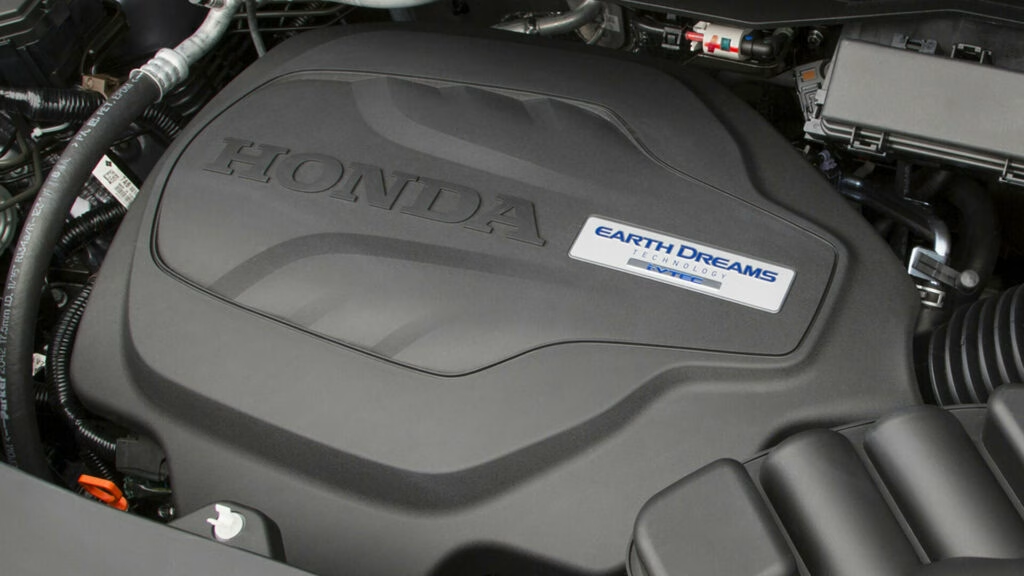What’s Going On With Honda and Acura Engine Failures?
If you drive a Honda or Acura, especially one with a 3.5-liter V6 engine, you might’ve heard some unsettling news lately. The National Highway Traffic Safety Administration (NHTSA) is digging into a wave of engine failures affecting over 1.4 million vehicles. We’re talking about models like the Acura TLX and MDX, Honda Pilot, Odyssey, and Ridgeline—cars that many families rely on every day.
So, what’s the deal? The heart of the issue is the connecting rod bearings inside these V6 engines. When these bearings fail, it’s not just a minor annoyance. It can mean total engine failure, which is as bad as it sounds. Imagine your engine seizing up while you’re on the highway. Not only is it a wallet-buster, but it’s a real safety concern.
How Widespread Is the Problem?
Let’s put some numbers to it. As of now, there have been 3,012 reported cases of these engine failures, including seven incidents that led to crashes or fires. The NHTSA alone has received 414 reports, and Honda has logged another 2,598. That’s not a handful of isolated cases—it’s a pattern.
The affected vehicles span several years: 2016-2020 Acura MDX, 2018-2020 Acura TLX, 2016-2020 Honda Pilot, 2017-2019 Honda Ridgeline, and 2018-2020 Honda Odyssey. If your car falls into one of these groups, it’s worth paying close attention.
What’s Causing These Engine Failures?
Here’s where things get a bit technical. The connecting rod bearings are crucial for keeping the engine’s moving parts running smoothly. If they wear out or seize, the engine can catastrophically fail. In 2023, Honda recalled nearly 250,000 vehicles because of a crankshaft manufacturing defect that could lead to premature bearing wear. That recall was traced to improper equipment settings during production—basically, a factory hiccup.
But the current investigation? It’s different. The NHTSA says the latest failures aren’t tied to that previous crankshaft defect. In other words, the problem seems to go beyond what was already fixed. That’s why the government is taking a closer look, trying to figure out if there’s a broader design or manufacturing issue at play.
What’s the Real-World Impact for Owners?
If you’re one of the unlucky drivers facing this problem, the impact is huge. Engine replacements can cost thousands of dollars, and warranty coverage isn’t always guaranteed—especially if your vehicle is out of the recall window or the issue falls outside the original defect. Some owners have reported sudden loss of power, strange noises, or warning lights before the engine gave out. Others had no warning at all.
And let’s be honest: even if you haven’t had a problem, hearing about engine fires and crashes is enough to make anyone uneasy. The uncertainty is stressful, especially if you depend on your car for work or family life.
What’s Honda Doing About It?
Honda has acknowledged the issue and is cooperating with the investigation. In the previous recall, dealers were instructed to inspect, repair, or replace affected engines. As of late 2023, Honda had processed 1,450 warranty claims related to the crankshaft defect. But since the new failures seem to be outside the scope of that recall, there’s no blanket fix—at least not yet.
The company’s next steps will likely depend on what the NHTSA finds. If a new defect is identified, another recall could be on the table. For now, Honda is encouraging owners to report any unusual engine noises, warning lights, or performance issues to their dealer right away.
What Should You Do If You Own an Affected Vehicle?
First, don’t panic. Most vehicles aren’t affected, but it’s smart to be proactive. Here’s what you can do:
– Check your VIN on the NHTSA recall website to see if your car is part of any active recalls.
– Listen for knocking sounds, loss of power, or warning lights—these can be early signs of bearing trouble.
– Keep records of all maintenance and repairs. If you experience a failure, detailed documentation can help with warranty or recall claims.
– Report any issues to both Honda and the NHTSA. The more data investigators have, the faster they can pinpoint the problem.
Why Does This Matter for the Broader Auto Industry?
This isn’t just a Honda or Acura story. It’s a reminder of how complex modern engines have become—and how a single manufacturing misstep can ripple out to affect thousands of drivers. The NHTSA’s investigation is part of a larger trend: regulators are taking a harder look at engine reliability and safety, especially as vehicles become more technologically advanced.
Recent studies from the Insurance Institute for Highway Safety (IIHS) and other watchdogs show that engine-related recalls have increased by nearly 30% over the past five years. It’s a wake-up call for automakers to double down on quality control, and for consumers to stay informed about potential risks.
What’s Next for Honda and Acura Owners?
The investigation is ongoing, and it could be months before we know the full story. In the meantime, staying alert and informed is your best defense. If you’re shopping for a used Honda or Acura, ask for a full service history and check for any outstanding recalls. If you already own one of the affected models, regular maintenance and prompt attention to warning signs can make all the difference.
The big takeaway? Car ownership isn’t about perfection—it’s about smarter adjustments. Start with one change this week, and you’ll likely spot the difference by month’s end. Whether that’s checking your VIN, listening for odd engine noises, or just keeping better records, a little vigilance goes a long way.

